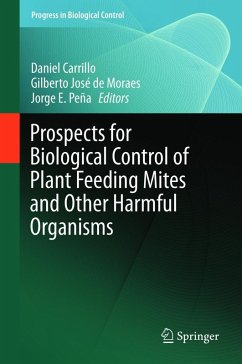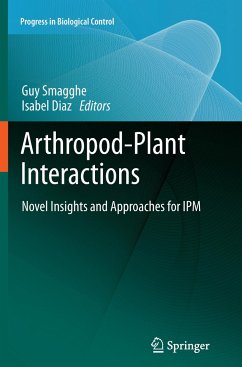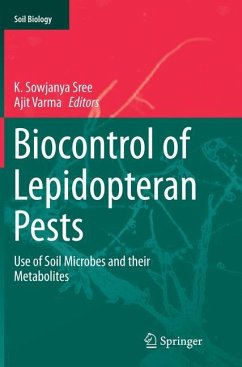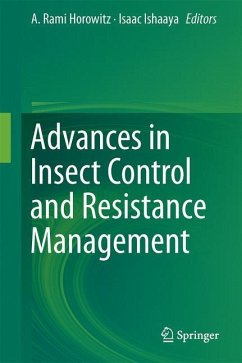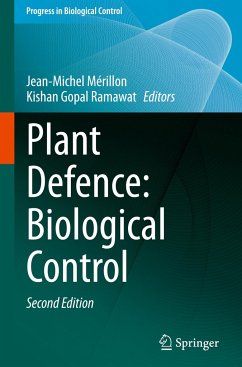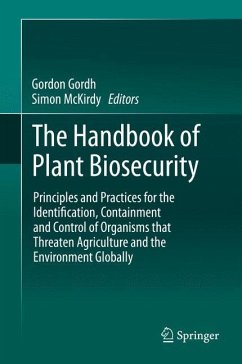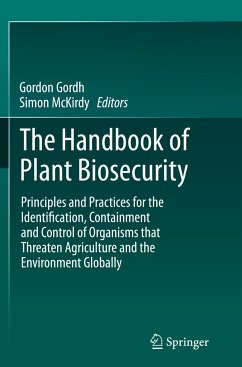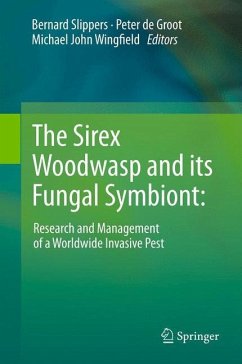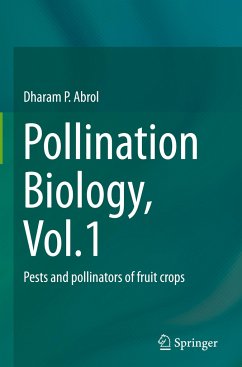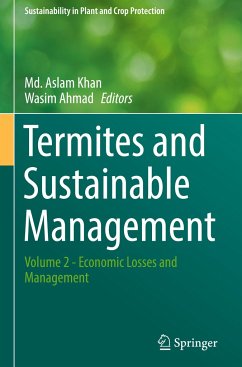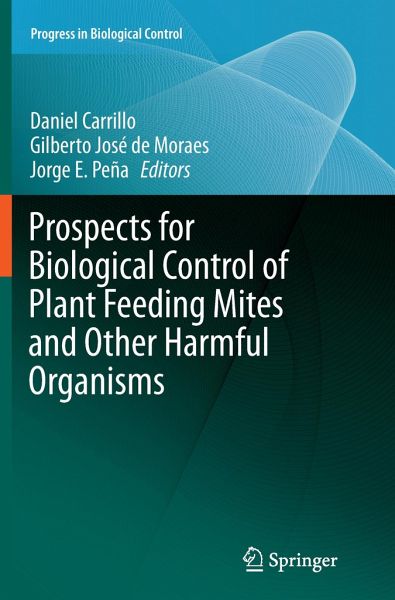
Prospects for Biological Control of Plant Feeding Mites and Other Harmful Organisms
Versandkostenfrei!
Versandfertig in 6-10 Tagen
76,99 €
inkl. MwSt.

PAYBACK Punkte
38 °P sammeln!
The history of biological control of harmful organisms by mites is marked by outstanding achievements with a few premiere natural enemies. Early works concentrated on the use of predatory mites for the control of synanthropic flies, More recently, the focus has been mostly on mites of the family Phytoseiidae for the control of plant feeding mites. This is an important family of acarine predators of plant pest mites, which are effectively used in agriculture worldwide. Besides the vast knowledge in several species in this family, there are as well many opportunities for biological control, repr...
The history of biological control of harmful organisms by mites is marked by outstanding achievements with a few premiere natural enemies. Early works concentrated on the use of predatory mites for the control of synanthropic flies, More recently, the focus has been mostly on mites of the family Phytoseiidae for the control of plant feeding mites. This is an important family of acarine predators of plant pest mites, which are effectively used in agriculture worldwide. Besides the vast knowledge in several species in this family, there are as well many opportunities for biological control, represented in an array of organisms and through the improvement of management techniques, which are constantly explored by researchers worldwide. This has resulted in an increasing interest in predatory mite species within the families Stigmaeidae, Ascidae, Laelapidae, Rhodacaroidea, Macrochelidae, Erythraeidae and Cheyletidae, among others. This book will compile important developments with predatory mite species within these families, which are emerging as important tools for integrated pest management. New developments with predatory insects and pathogenic organisms attacking mites will also be a subject of this book. Finally, the potential and gaps in knowledge in biological control of acarine plant pests will be addressed.



